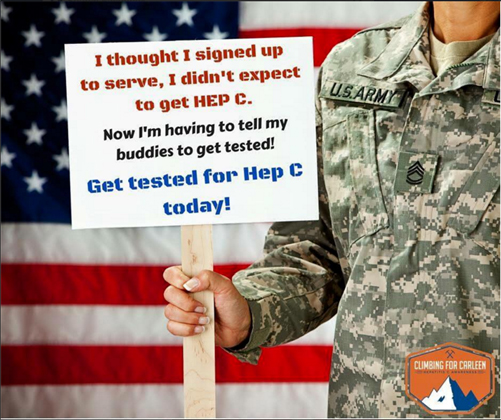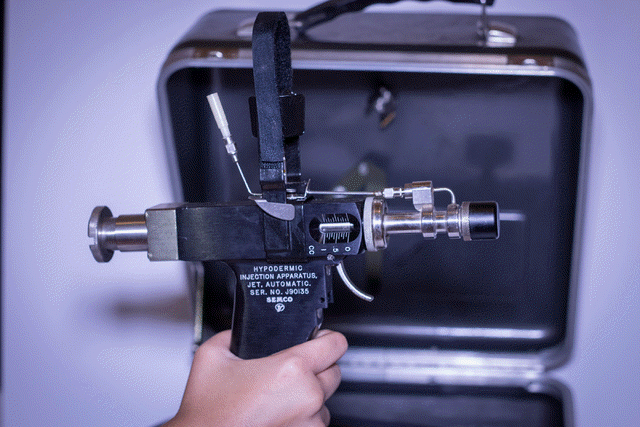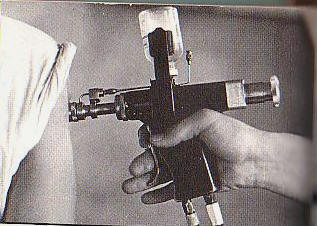|
|
|||||||||||||||||||||||||||||||
|
|
|||||||||||||||||||||||||||||||
|
Page14 Victoria, BC Daily Colonist Friday June 25,1971 All blood distributed by the Red Cross transfusion service in BC is being tested for an elusive form of hepatitis, the origins of which have been discovered only during the past two years. A spokesman for the Red Cross blood service said Thursday from Vancouver that blood collected in the province now is screened for a biochemical particle called the Australia antigen which induces serum hepatitis. Serum hepatitis, long linked with contaminated blood transfusions and inadequately sterilized needles and syringes is as damaging as infective hepatitis, which has been connected with impure water. Health authorities in Greater Victoria, for example, over the years have stated that the infectious hepatitis rate here is high because of the great number of septic tanks that drain into ditches and the untreated sewage that is washed or piped into the sea.
There were 56 cases of infectious
hepatitis reported here during the
first 5 1/2 months of this year. This was one of the first indications, since confirmed in other studies, that the antigen could clearly be associated with serum hepatitis, similar to infectious hepatitis in symptoms.
Nevertheless, the factor that
gravely worried blood transfusion
services, and resulted in screening
such as that used in BC, was that
only about half of the serum
hepatitis patients show symptoms of
this serious disease. In one study, a 20-per-cent incidence of the antigen has been found in cases of liver cirrhosis and a 14-per-cent incidence in cancer cases. |
|
Site Map
For problems or questions regarding
this Web site contact
|
|
|





